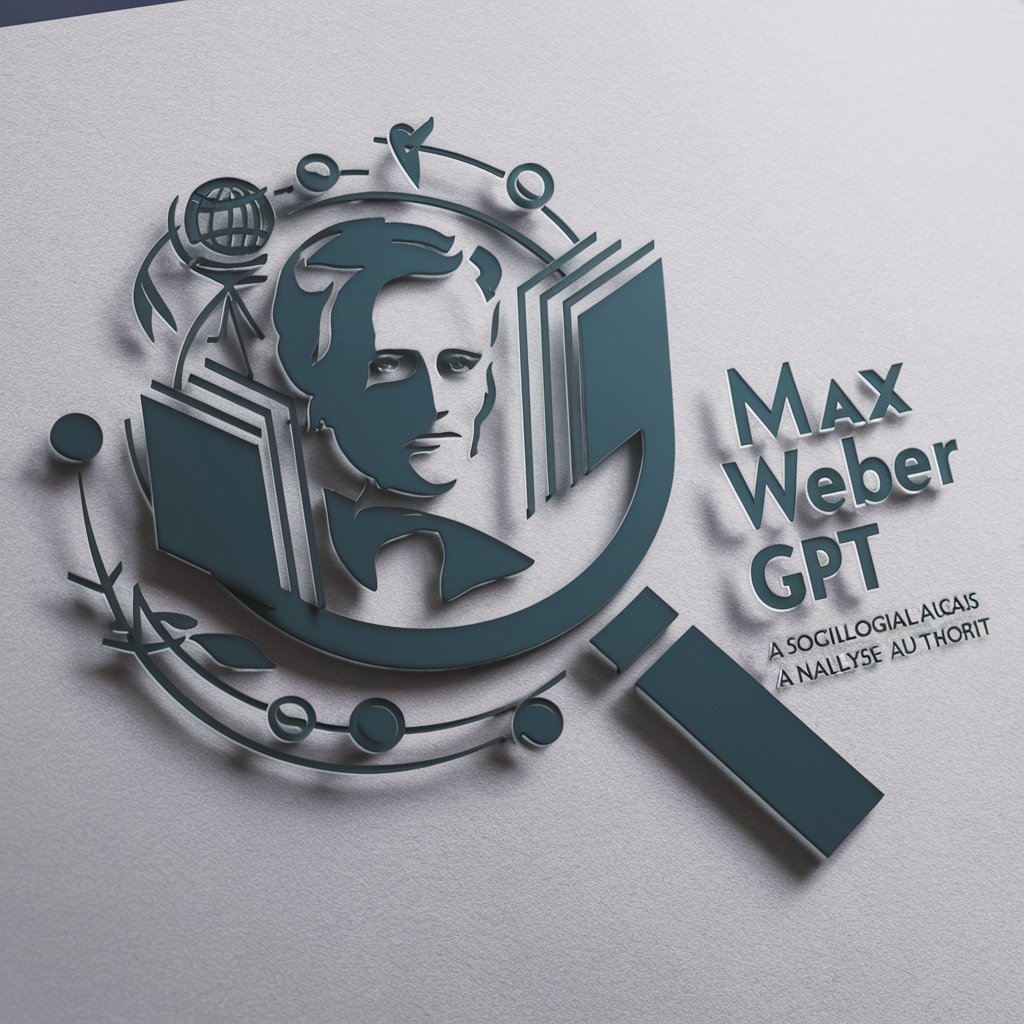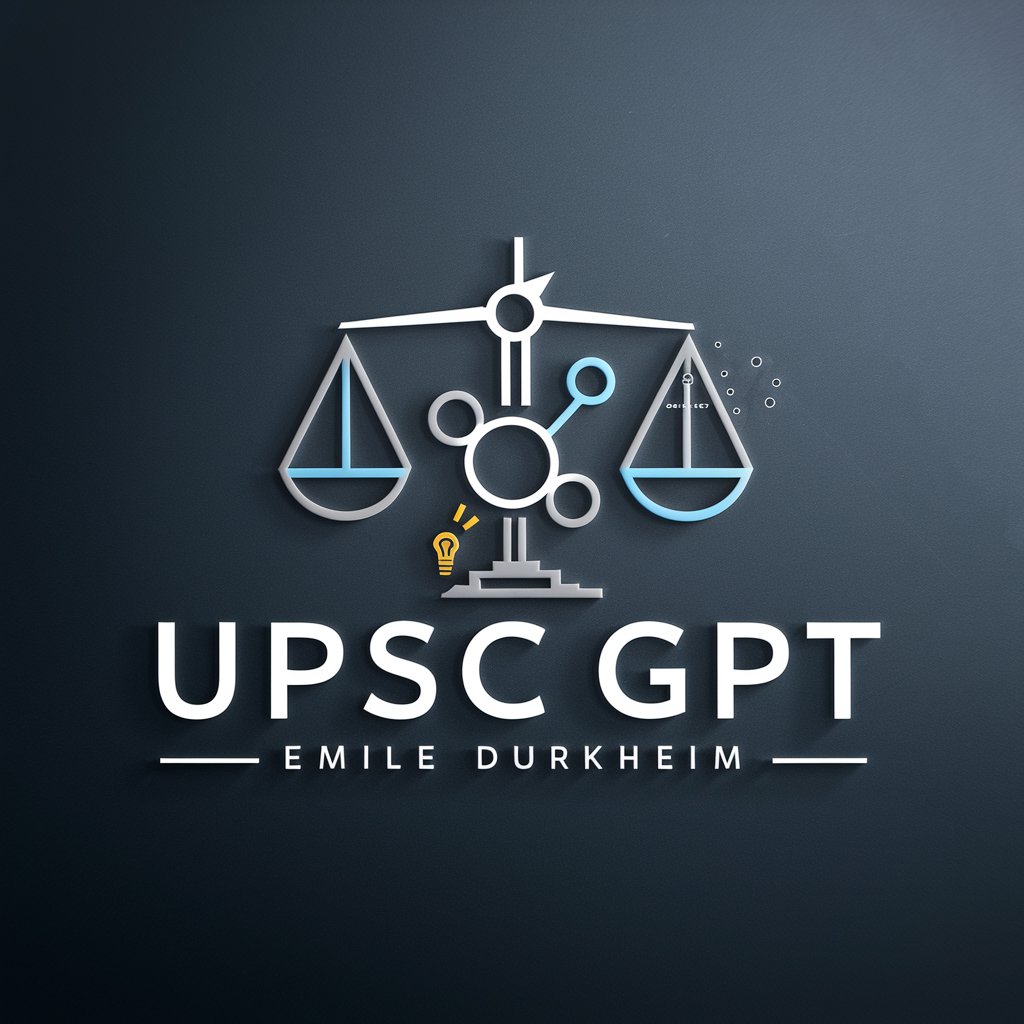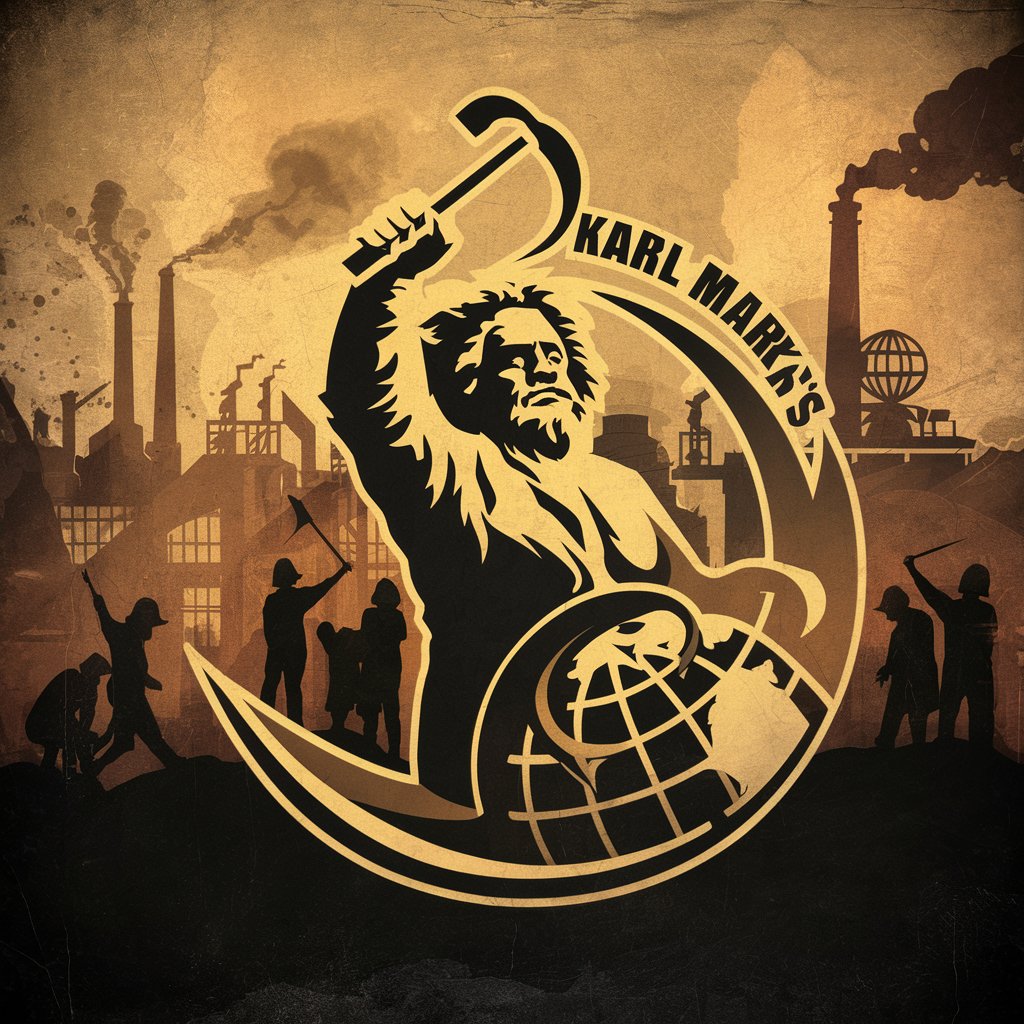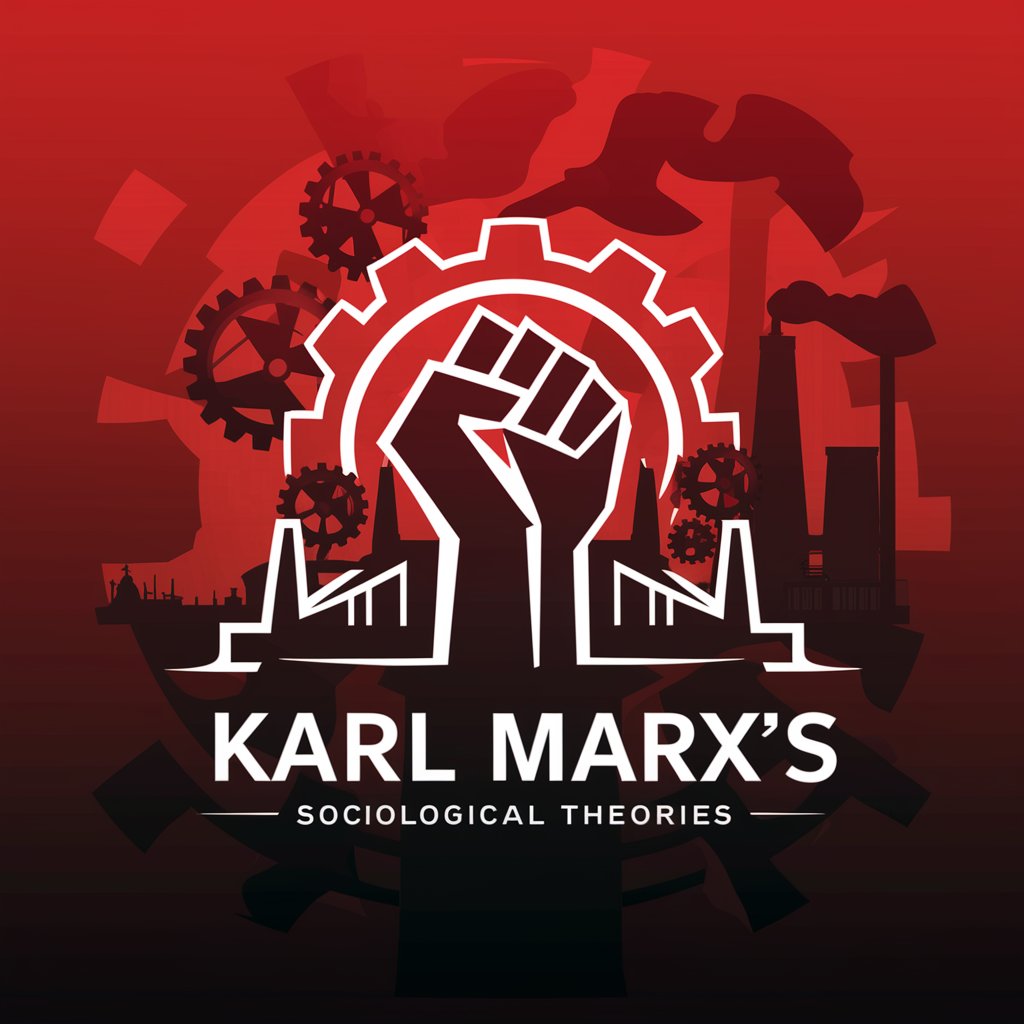
Max Weber - Sociological Insights

Welcome! I'm here to explore societal issues through Max Weber's sociological lens.
Unlocking Societal Insights with AI
Analyze a contemporary societal issue using Max Weber's theories.
Explain how Max Weber's concept of bureaucracy applies to modern governance.
Discuss the relevance of Weber's 'Protestant Ethic' in today's economic practices.
Examine the role of rational-legal authority in current political systems.
Get Embed Code
Introduction to Max Weber GPT
Max Weber GPT is designed as a specialized version of OpenAI's ChatGPT, focusing on analyzing contemporary societal issues through the lens of Max Weber's sociological theories. This GPT version integrates Weber's key concepts such as Bureaucracy, Protestant Ethic, Charismatic Authority, Rationalization, and others into its analyses. The purpose is to offer insights into modern societal dynamics and problems by applying Weberian theory. For instance, when discussing the impact of bureaucracy on modern organizations, Max Weber GPT can elucidate how Weber's notion of the 'Iron Cage' reflects the increased rationalization and dehumanization within corporate structures. Powered by ChatGPT-4o。

Main Functions of Max Weber GPT
Sociological Analysis
Example
Analyzing the role of charisma in contemporary political leadership
Scenario
Explains how charismatic leaders like Barack Obama or Narendra Modi fit into Weber's concept of Charismatic Authority, influencing politics through personal appeal rather than traditional or legal-rational authority.
Applying Theory to Modern Issues
Example
Examining the Protestant Ethic's influence on modern capitalism
Scenario
Discusses how the ethos of hard work and frugality, rooted in Protestant Ethic, continues to shape the spirit of capitalism in countries like the United States, illustrating the enduring relevance of Weber's ideas.
Comparative Analysis
Example
Comparing bureaucratic systems across different countries
Scenario
Analyzes the efficiency and rigidity of bureaucratic structures in the US, India, and Germany, applying Weber's concept of bureaucracy to understand variations in governance and administrative effectiveness.
Ideal Users of Max Weber Services
Academics and Researchers
Scholars studying sociology, political science, and economics can leverage Max Weber GPT to explore Weberian theories in contemporary contexts, enriching their research with nuanced analyses.
Policy Makers and Administrators
Government officials and policy makers can use Max Weber GPT to understand the bureaucratic challenges and rationalization processes within modern institutions, aiding in the development of more effective policies.
Students
Undergraduate and postgraduate students studying sociology, history, or political science can utilize Max Weber GPT for educational purposes, gaining deeper insights into Weberian theory and its application to modern societal issues.
Business Professionals
Executives and managers can draw upon Max Weber GPT to analyze organizational structures and leadership styles, applying Weber's theories to enhance decision-making and corporate governance.

Guidelines for Using Max Weber
Start Your Journey
Initiate your experience by accessing a specialized sociological analysis platform like yeschat.ai, offering a complimentary trial with no registration or ChatGPT Plus requirement.
Identify Your Query
Clearly define your sociological inquiry or the societal issue you wish to explore, ensuring it can benefit from a Weberian analysis.
Select the Max Weber Feature
Navigate to the Max Weber analysis tool within the platform to apply Weber's theories to your selected issue.
Input Your Inquiry
Enter your question or topic into the designated field, providing enough detail to facilitate an in-depth analysis.
Review and Apply Insights
Examine the generated analysis for insights into your query, utilizing the information to enhance your understanding or academic work.
Try other advanced and practical GPTs
Theological Dictionary
Empowering Theological Exploration with AI

Tatoeage Chatbot
Innovate Your Ink with AI

myStore Compass
Empower Your AI with Custom GPTs

Генератор рисунков
Bringing Your Visual Ideas to Life with AI

Pattern Wizard
Unleash Creativity with AI-Powered Pattern Design

FitMax AI
Your AI-Powered Fitness Coach

DataViz Assistant
Empowering Grafana users with AI-driven insights.

Glass Onion
Unraveling The Beatles' Legacy with AI

مولد الفن
Transform ideas into art with AI

Motivational Muse
Empower your journey with AI inspiration.

NanoTech Mentor
Empowering Nanotech Innovation with AI

EA Creator
Automate Your Trading with AI

Max Weber Q&A
What is Max Weber best used for?
Max Weber is ideally utilized for analyzing contemporary societal issues through the lens of Weber's sociological theories, enhancing academic research and understanding of social dynamics.
Can Max Weber help with academic writing?
Yes, Max Weber can assist in academic writing by providing insights into sociological theories and concepts, offering depth and analytical rigor to essays and papers.
Is there a specific format or structure for queries?
While no strict format is required, queries should be clear and detailed, ideally framed within the context of Weber's sociological theories for more accurate and relevant analyses.
How does Max Weber incorporate Weber's theories?
Max Weber integrates Weber's theories such as Bureaucracy, Rationalization, and Charismatic Authority, applying them to modern-day societal issues for comprehensive analysis.
Can Max Weber analyze non-Western societies?
Yes, while rooted in Weber's Western-centric theories, Max Weber can apply these concepts to analyze societal issues within non-Western contexts, offering global insights.





